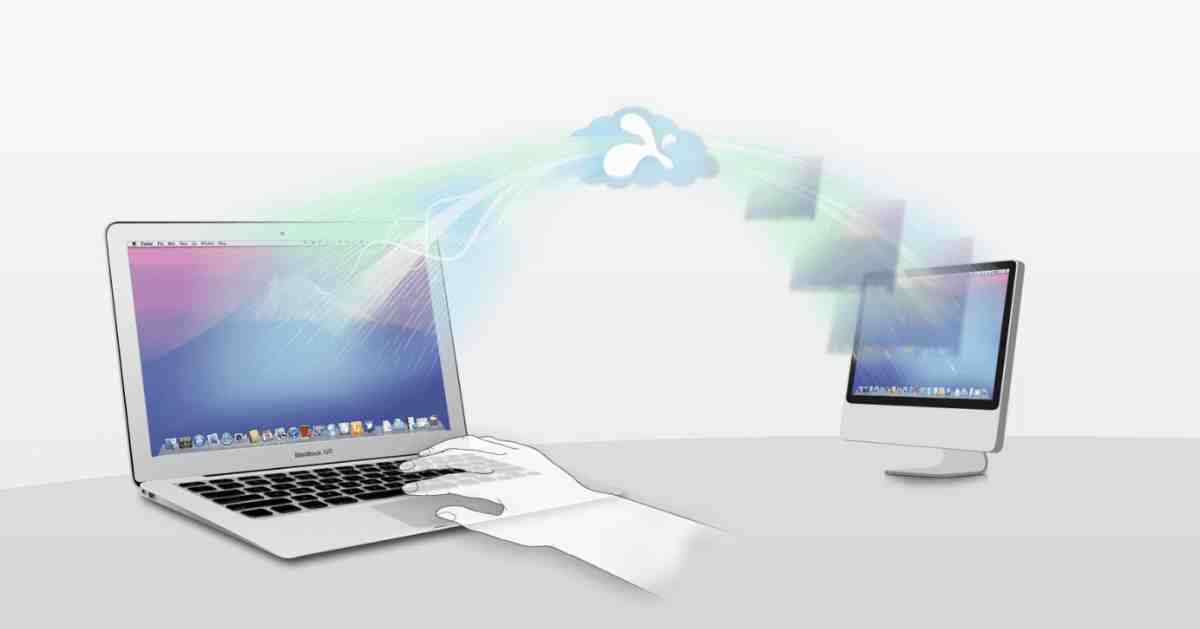The Pros and Cons of Remote Desktop

A remote desktop is a feature found in many operating systems that lets the user access another desktop. For you to access another desktop, there must be an internet connection. However, you can also access it through another network from another geographical location.
A remote desktop allows the user to interact with that computer as if they are physically there. You can also access your workplace while at home or any location and vice versa. Remote desktop connectivity protocols include virtual network computing, Remote Desktop Protocol, independent computing architecture, and NX technology.
Many tech support personnel from computer manufacturing companies use remote desktop software to access and repair the hardware or the software problem.
Small companies have numerous tools to help them in their daily business activities. A remote desktop connection is a common service to companies of all sizes while helping them to save on IT costs. Here are several benefits of a remote desktop.
- Working remotely. When you virtualize your computer, it is possible for your workers to access it. This means they can access it from home hence making them productive at any location.
- Security is the key to your success, especially if you have your computer virtualized. You do not want something that will expose your information and put it at risk. When you pay for a service to access a remote desktop connection, you will be offered a team of experts who will make sure your server is safe.
These professionals ensure all your remote desktop connections are running in an environment secured with the latest security features.
- Cost-effectiveness. Investing in technology is a difficult task in terms of budget. It is expensive to set up a reliable tech solution that can meet your business needs. With remote desktop services, this cost is not a worry. You do not have to pay for servers or workers to maintain your servers. Since your workers will bring their devices, you can save on hardware.
- Ease of access. The main advantage of using a remote desktop connection is to connect to your data at any location and time. Your information is in one location that is easy to access without the need to have the software installed.
- Everything about your network can be controlled in real-time from one place. You can manage permissions to people or a specific person. You can limit their access so they can only access certain data from your computer. A remote desktop connection has made management easier rather than managing a whole network.
Cons of Remote Desktop
- There is a need for a reliable network for remote desktop connections to be successful.
- Powerful RDS needed. You will require a powerful Remote Desktop Service if you want to use remote desktop connections on a large scale.
- The power of the host system and the number of people accessing the remote desktop at the same time may result in bottlenecks and reduced productivity.
Are you looking forward to maximizing your business efficiency? You can remote desktop services to achieve this and also to allow your workers to enjoy workplace flexibility.
